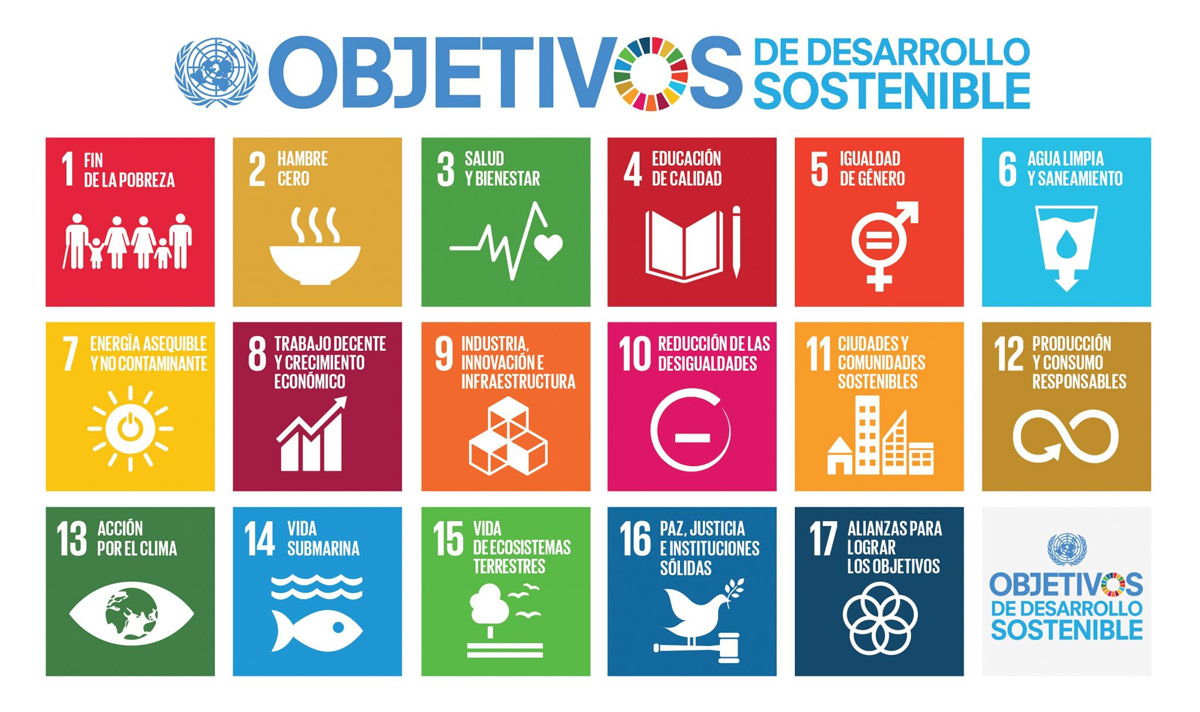
What is sustainable communication?
Sustainable communication is one whose main objective is to accompany, facilitate and promote sustainable forms of human development for sustainable societies. It promotes the values of sustainability, dialogue, identity, transparency, legitimacy, and governability; creates community and increases the sustainability of the system as a whole.
Sustainable communication is one whose main objective is to accompany, facilitate and promote sustainable forms of human development for sustainable societies. It promotes the values of sustainability, dialogue, identity, transparency, legitimacy, and governability; creates community and increases the sustainability of the system as a whole.
What is not in the media arena is not in the public domain, therefore it practically ceases to exist. In addition to this problem, public opinion considers that what is transmitted through the media and social interaction is reality, and that it is also true, not knowing that you only have to look, listen, read and relate to the means of knowing what they say about reality.
Today this problem has spread to such an extent that many theorists argue that we are living in the era of persuasive democracy, in which institutions and political and communicational operators operate on public opinion through persuasion and manipulation without the search for truth or intellectual honesty matter a lot.
Journalism and the media are the fundamental tool to disseminate, inform, educate, sensitize and defend the population about all the facts and events that occur daily in the world, but they must also collect the problems of society. In other words, they must join forces to build a more just, equitable, sustainable society, since "sustainability" is an ethical and moral imperative.
The introduction of the concept of sustainable development in the international arena appears in 1987 in a United Nations report and affirms that all the inhabitants of the planet enjoy the right to a healthy, balanced environment, suitable for human development and for productive activities to satisfy present needs without compromising future generations. The authorities must provide for this right as well as the right to information and environmental education, but the press media must also be rigorous with the information they publish. The human species is the one that has had the most capacity to manipulate and adjust the environment to its needs. The human impact on the environment is accelerating more and more due to demographic pressure, technological development, increased consumption and associated mobility. Our ecological footprint increases more and more due to our current development model. It is then that we are forced to face the complexity of these phenomena from a systemic and integrative perspective that until now had been considered independent.
To define, promote and develop sustainable development policies, it is necessary to evaluate, measure and model sustainability in order to study the different sensitivities of the elements that make up the system, and thus provide tools for planning and decision-making powers.
The concept of sustainable development has evolved and complemented the economic, environmental, social and institutional dimensions. In this sense, the measurement and modeling of sustainability become essential tools to build a more just, equitable and supportive society.
It is here where the media play a fundamental role, as a vector of dissemination, exchange, education, awareness and provision of information for the different levels responsible for managing this development. Information is a right of all citizens, as stated in Article 19 of the Universal Declaration of Human Rights: “Every individual has the right to freedom of opinion and expression; This right includes the right not to be disturbed because of their opinions, to investigate and receive information and opinions, and to disseminate them without limitation of borders, by any means of expression ”. The authorities must provide and guarantee this right.